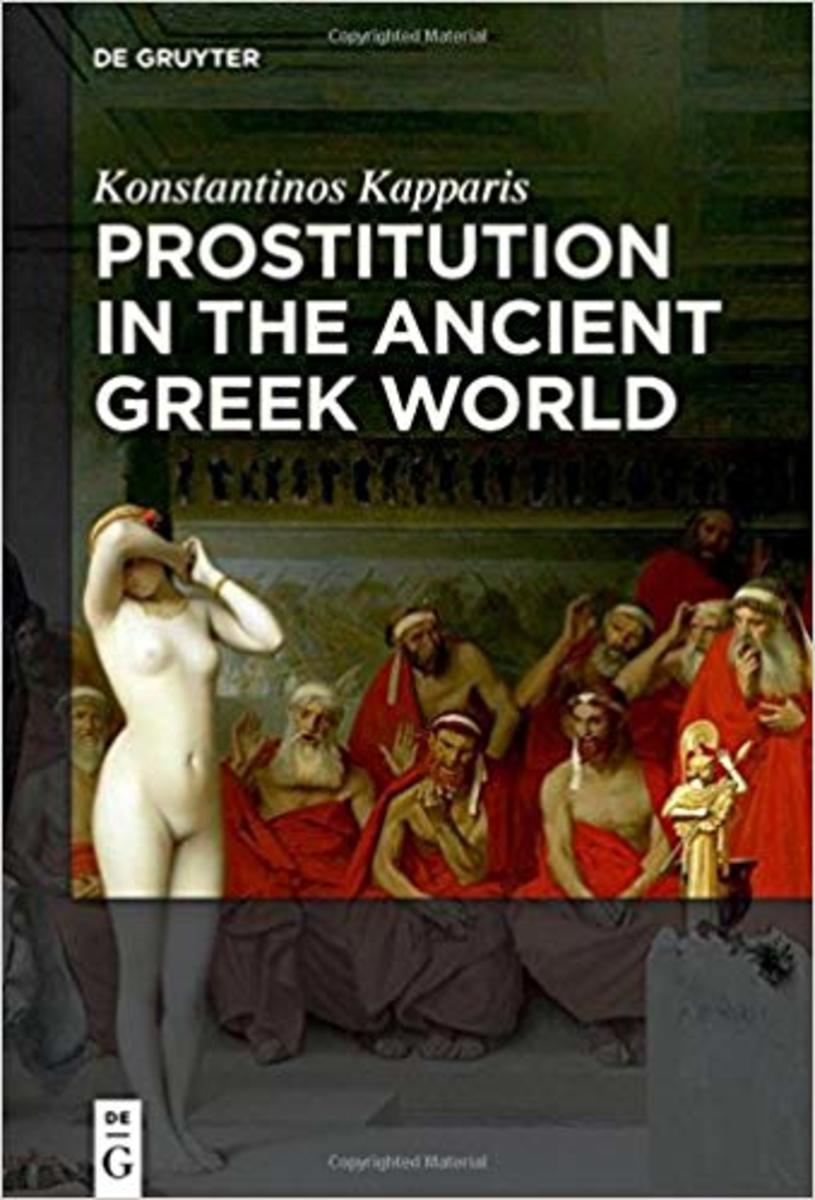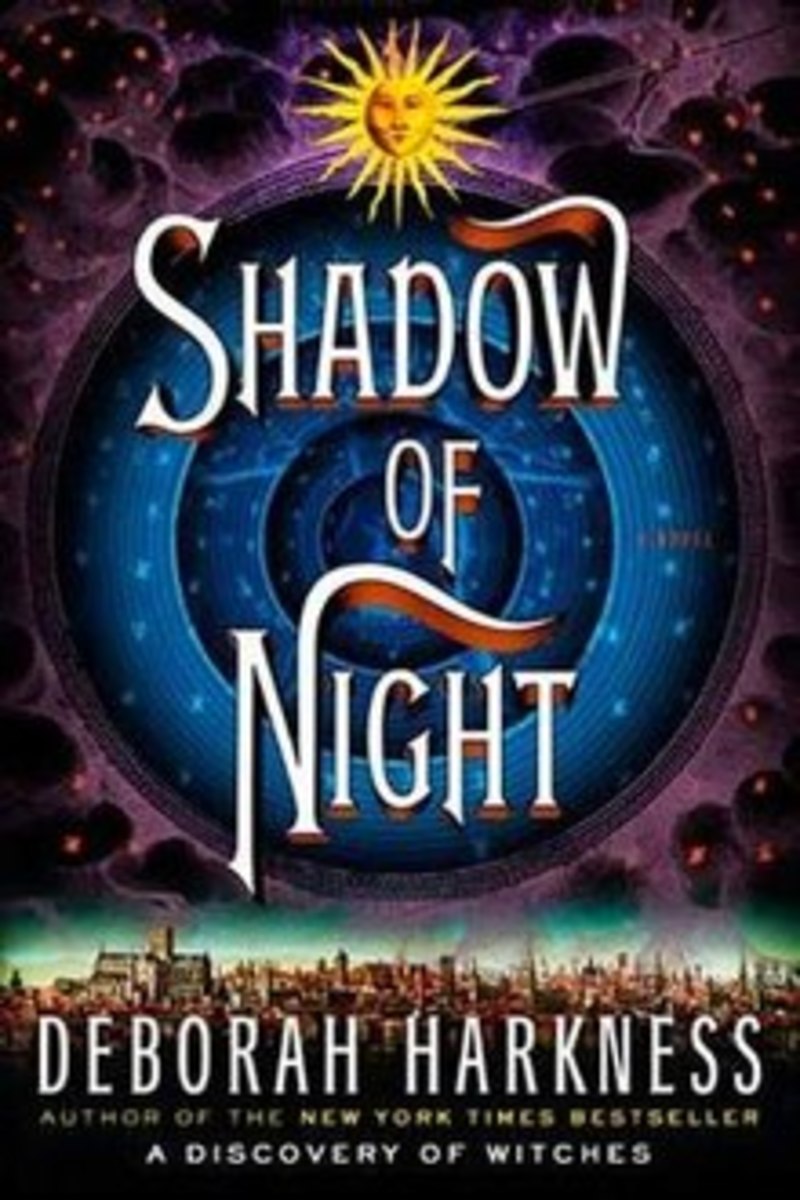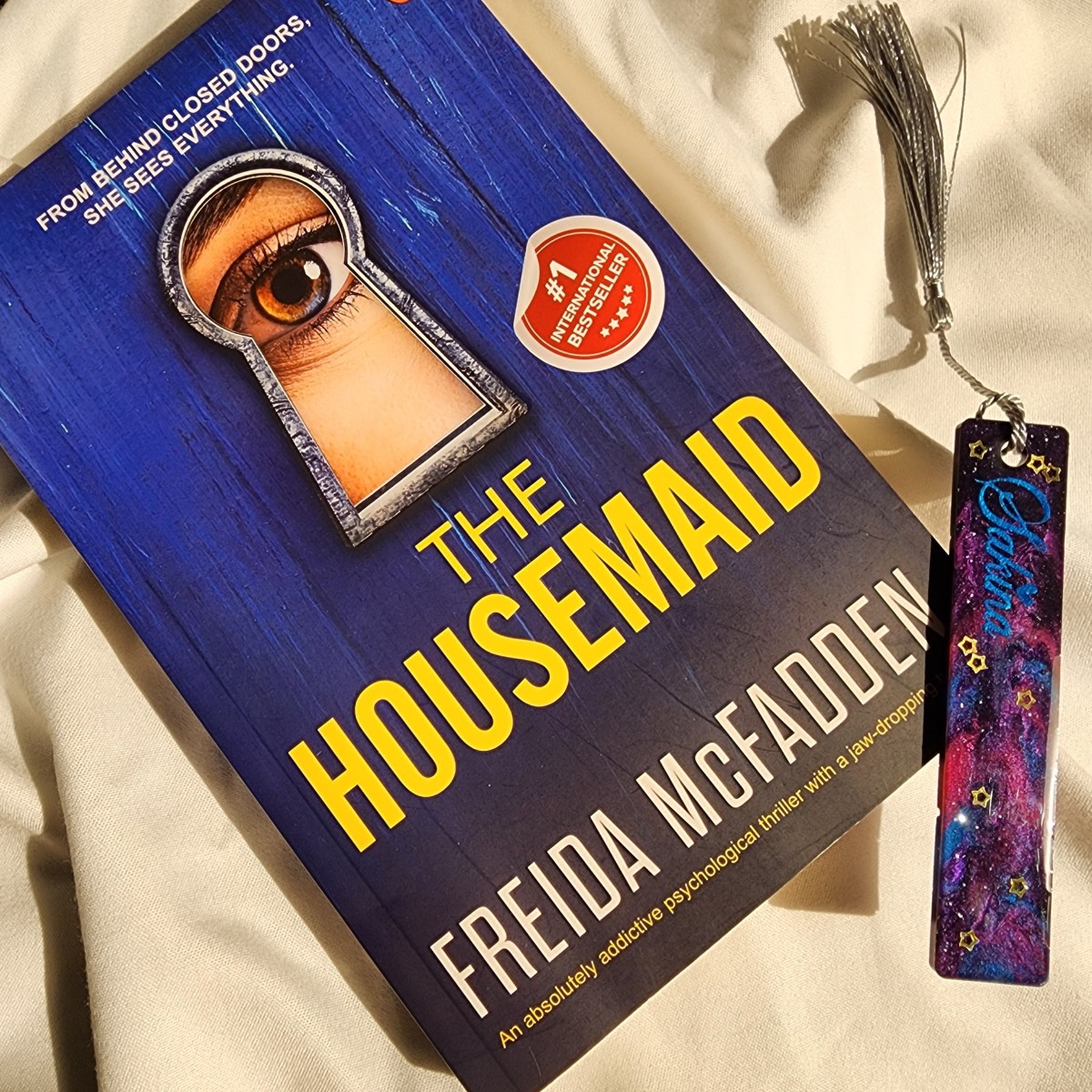Book Review: 'Spoiler Alert' by Richard Greene
Introduction
‘Spoiler Alert’ by Richard Greene is, no spoiler here, about spoilers. This philosophy book by Open Court Press is unusual for discussing the ethics, the ethos, the philosophy and many other details about spoilers.
As a science fiction fan and author, I found the concept intriguing. And as a periodic book reviewer, I wanted to know where others thought the line between blurbs and spoilers, trailers and big reveals were.
FYI: I received a copy of this book from the publisher in return for an honest review.

An Overview of the Book ‘Spoiler Alert’
Chapter 1 starts with the history of spoilers and the evolving belief that they’re wrong. In the later third of the book, it is called a First World Problem while asking why we are more upset at spoilers than serious problems on the other side of the globe. At that point, it discusses why we’re more upset at spoilers of upcoming books and movies than such events.
The next several chapters present different definitions of spoilers and what then constitutes a spoiler. What are things you can’t really spoil? What can you spoil other than books, TV shows, movies and plays? (Hint – the outcomes of games can count.) Example: can you spoil the news?
There is also discussion about how evolving technology has led to increasing standards for spoilers. When the choices were watching the show live or hearing about it the next day, spoilers didn’t really exist beyond being told when you left the play not to tell those in line about the ending.
Chapter 5 asks why people want to share spoilers and how much information you can share without it being a spoiler.
Chapter 6 takes a deep dive into the morality of spoilers. Chapter 7 asks what various philosophers would think of spoilers. Chapter 8 says spoilers are mostly bad, but how bad is it and when is it OK? Chapter 9 is on spoiling for someone’s good. The author never explicitly says trigger warnings, but it does raise the question of when you’d want to share the “spoiler” so that the person isn’t extremely upset by what they avoid.
Chapter 10 discusses the timing of spoilers, and we’re given another discussion on the ethics of spoilers relative to the timing. Can you spoil a book when it has been out for five months? Probably. Can you spoil it five years later? Probably not unless you know your kid is reading “Harry Potter” for the first time.
Chapter 11 discusses the ethics of spoiler alerts and the rise of variations of spoiler alerts. What is a “vague spoiler alert” versus a “minor spoiler alert”?
Chapter 12 challenges the entire logic behind spoiler alerts by discussing how often we enjoy works despite having seen the movie or read the book multiple times. Chapter 13 asks if you can logically spoil a remake of a classic or movie based on a book. Yet it doesn’t discuss the ethics of a remake deviating so far from the source material that you can’t spoil it by citing source material.
Chapter 14 asks if we’re over-reacting to spoilers, while Chapter 15 analyzes the cultural context of spoiler alerts. Chapter 16 outlines proposed etiquette for spoilers and those who keep sharing spoilers.
The Highlights of ‘Spoiler Alert’
One of the funniest parts of the book is Appendix 3. The philosophies of 100 top philosophers and major authors are distilled to 20 words or less. “Pythagoras … everything is made of math.” “Albert Camus … it is absurd to reduce Camus’ beliefs to a single sentence.”
The second best part is arguably Appendix 1. It shares the top 30 movie and book spoilers of all time.
The Shortfalls of ‘Spoiler Alert’
There are way too many references to the murder of Antarctic researcher Oleg Beloguzov in a dispute over spoiling books. Ditto the repeated references to ‘Avengers: Endgame’ that date the book.
Summary
‘Spoiler Alert’ shares the history of spoiler alerts. It dissects various definitions of spoilers, our attitudes toward them and the ethics regarding them. The appendices that spoil various classic movies and philosophies are arguably the best parts of the book. Five stars.
© 2019 Tamara Wilhite








